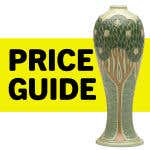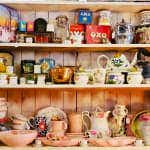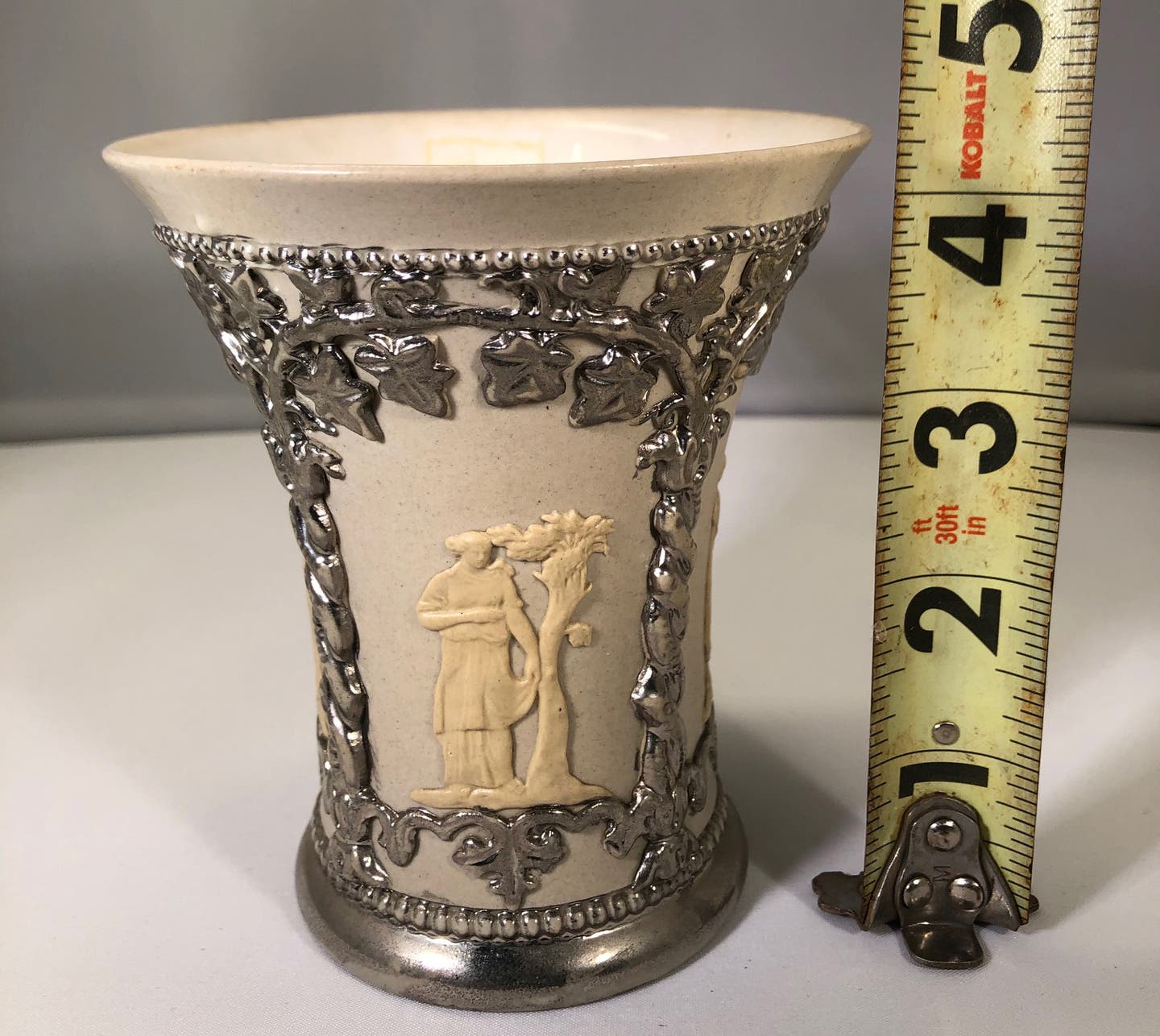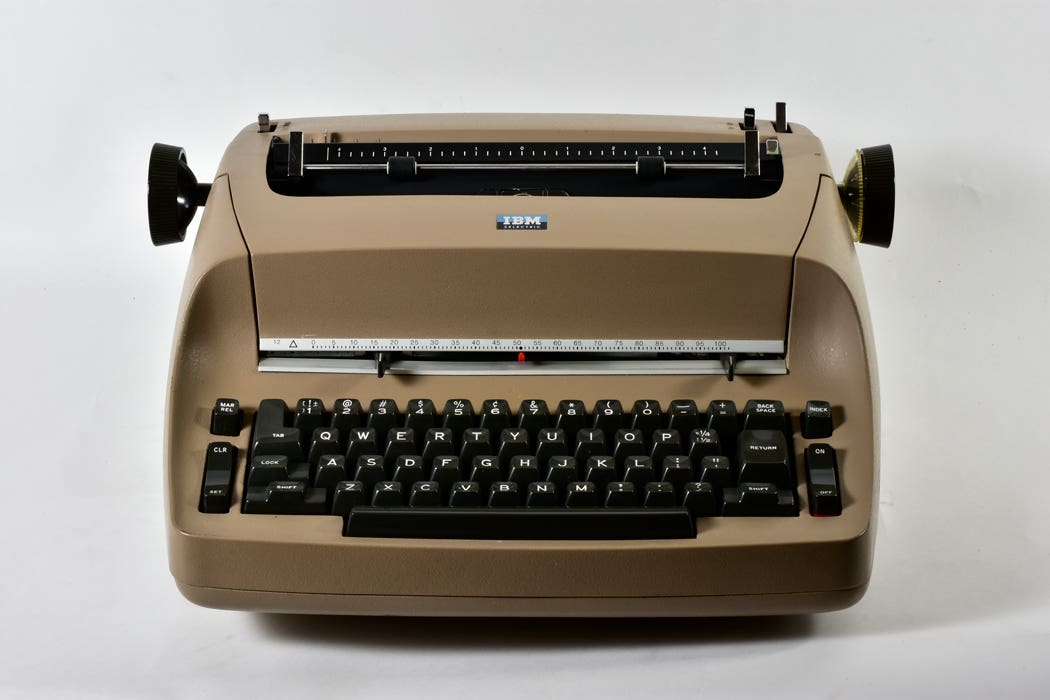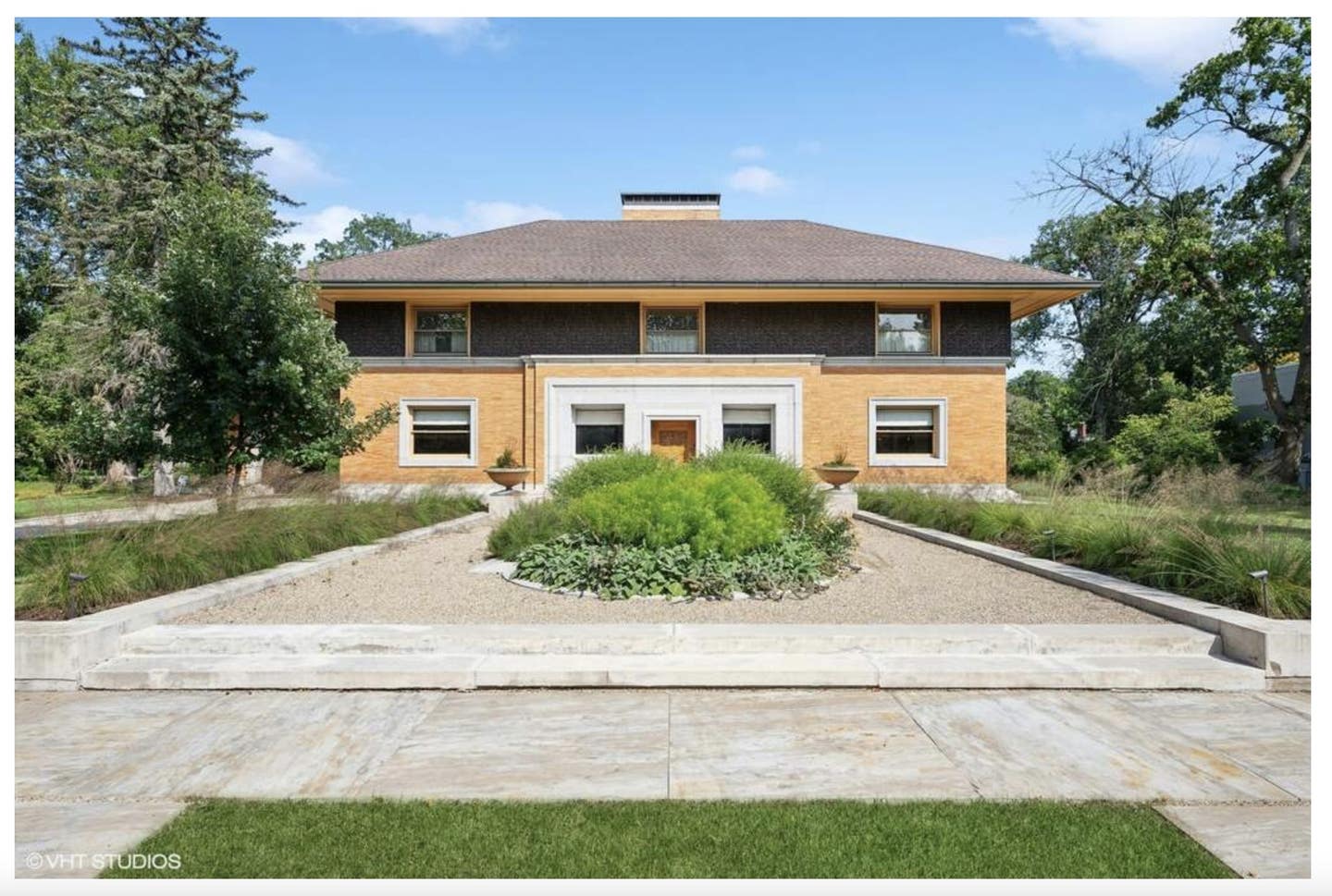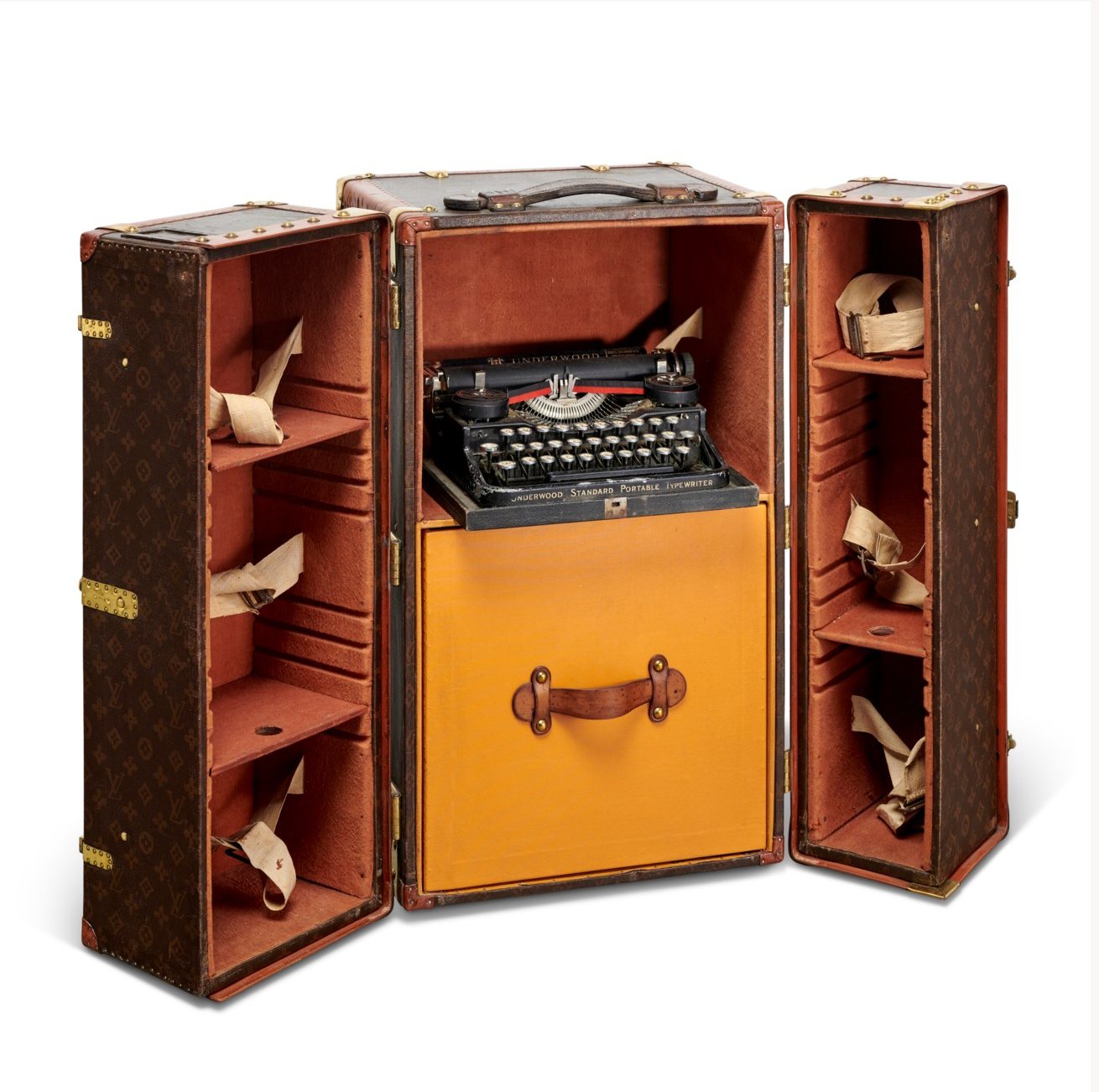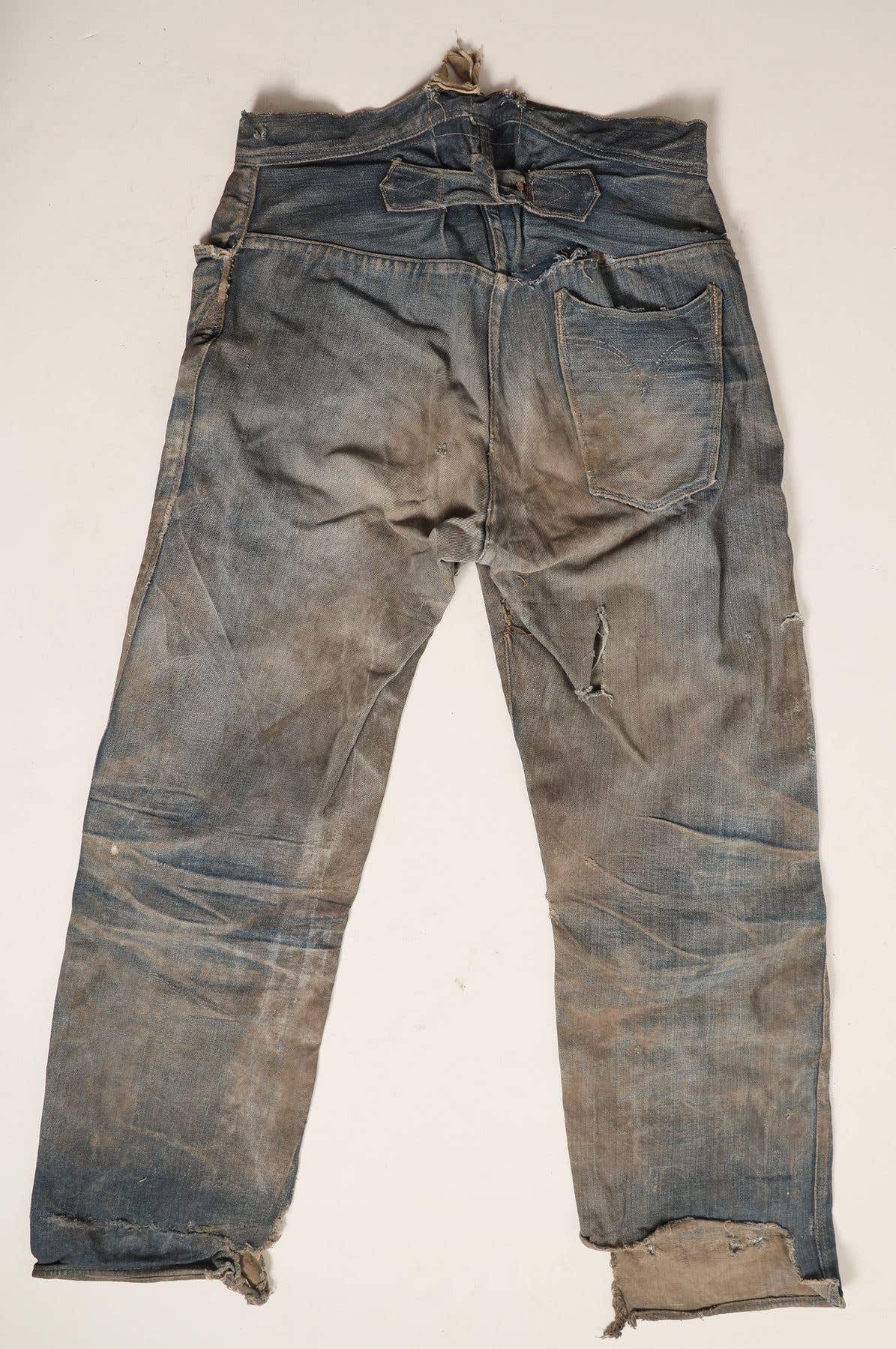Understanding and navigating an appraisal fair
In this Behind the Gavel column, Wayne Jordan walks us through the ins and outs of attending appraisal fairs, which he calls “worthwhile events.”
As the weather warms up, antiques shows and fairs are popping up as rapidly as May flowers. In recent years, a popular add-on to an antique fair has been an antique appraisal event, built on the “Antique Roadshow” model. If you haven’t attended such an event, you probably know someone who has. As in Roadshow, participants present their treasures to an antiques expert, hoping to validate their suspicion that an item is worth a ton of money. Some leave the event delighted with the valuation they received; many leave disappointed. All leave without what they came for in the first place: an appraisal of their item.
Prepare for Making the Most of Appraisal Fair
It seems that the one thing you can’t get at an appraisal fair is an actual appraisal. The values offered at appraisal events are much like the values offered by the experts on “Antiques Roadshow.” As stated on the “Roadshow” website: “The values given by the experts on ‘Antiques Roadshow’ are considered ‘verbal approximations of value.’ Technically, an ‘appraisal’ is a legal document, generally for insurance purposes, written by a qualified expert and paid for by the owner of the item. An appraisal usually involves an extensive amount of research to establish authenticity, provenance, composition, method of construction, and other important attributes of a particular object.” http://www.pbs.org/wgbh/roadshow/understanding.html
Calling such an event an “appraisal fair” is unfortunate, but if the event was called a “valuation fair” or an “opinion of value fair,” no one would know what was being offered. So, it’s best go with the term generally (mis) understood by the public, and that’s “appraisal.” Dealers and appraisers who provide such services are usually careful to point out to participants that what they are offering is an opinion of value rather than an appraisal. But not always.
Managing Expectations
Case in point: last fall, I was contacted by a van line to inspect an artwork. The owner claimed that the van line had damaged the piece, and she wanted to be compensated for loss of value. The owner claimed to have a written appraisal that was executed just prior to her move. As I walked through her door, she handed me the “appraisal.” It was from an antiques fair event. The paper contained a brief description of her artwork and a value, for which she had paid the “appraiser” five dollars. Of course, the van line (or rather, their insurance company) declined her claim based on the inadequate appraisal.
Adding to a consumer’s confusion is the fact that antiques have more than one value. The answer to the perennial question “What’s it worth?” is “It depends.” Again, from the ‘Roadshow’ website: “Context is key: Listen carefully ... you’ll often hear (our experts) say what an item is worth ‘at auction,’ or ‘retail,’ or ‘for insurance purposes.’ Retail prices are different from wholesale prices. Naturally, an auctioneer will talk about what she knows best: the auction market. A shop owner will talk about what he knows best: the retail price he’d place on the object in his shop. And though there are no hard and fast rules, an object’s auction price can often be half its retail value; yet for other objects, an auction price could be higher than retail.”
Nevertheless, obtaining a valuation from an appraisal event can be beneficial to participants, if their expectations are appropriately set and they know how to interpret the process.
Here are a few tips for doing so:
Determine the background and expertise of the evaluator. Is he an auctioneer? Is she a shop
owner? What value is he likely to offer; retail or auction? What experience does he have with your category of item? Where is her auction house or shop? Has he done this event before, and is he likely to be back to do it again next year? How can I reach her if I want other items evaluated? The “appraisers” used for appraisal events represent a range of talent, from “Antiques Roadshow” personalities to flea market dealers. Many are experts in the items they sell but not experts in appraisal. Becoming a personal property appraiser requires hours of classroom study, years of experience, and training in appraisal report writing.
A valuation should be offered as a range of values; from $XX on the low end to $XXX on the high end. If an evaluator offers one value rather than a range, press for getting a range; it will be closer to the truth.
Know what you want to do with the item you will have evaluated. Do you plan to sell it? Donate it? Insure it? Keep it? If you plan to sell, having anything at all in writing will help you get the job done.
Consider: Appraisal or Valuation?
If you plan to donate the item (and take a tax deduction), you’ll need an actual appraisal, not just a valuation. However, a valuation may help you determine if the piece is worth the price of an appraisal (which can run several hundred dollars, even on the low end).
If you want a valuation to justify a certain level of insurance, have a serious talk with your agent, because there are several types of policies that can be bought: Actual Cash Value, Agreed Value, and Replacement Cost. Each type of policy has limitations and deductibles, one of which may be that items have to be re-appraised when a claim is made.
Get as much information as you can in writing, enough description to be able to identify the piece and perhaps a photo or two. Have the evaluation dated and signed by the evaluator. Valuations (and appraisals) are time-sensitive, since the antiques market is always changing. Some evaluators offer only verbal guesstimates, which aren’t worth the paper they’re written on (which is to say, nothing).
Despite the issues surrounding the legitimacy of valuations offered at appraisal fairs, I believe that they are worthwhile events. Sometimes they are incorporated into fundraisers for charitable causes, and appraisal events are always entertaining. I heartily recommend attending such an event if you haven’t already.
Longtime columnist, writer, and author, Wayne Jordan is an antiques and collectibles expert, retired antique furniture and piano restorer, musician, shop owner, auctioneer, and appraiser. His passions are traveling and storytelling. He blogs at antiquestourism.com and brandbackstory.com.
